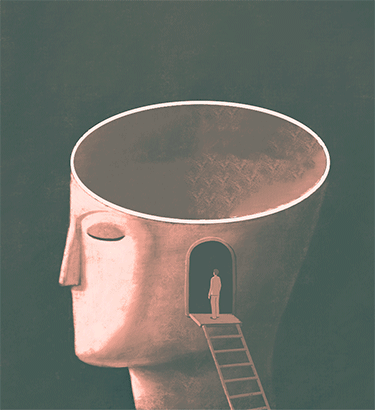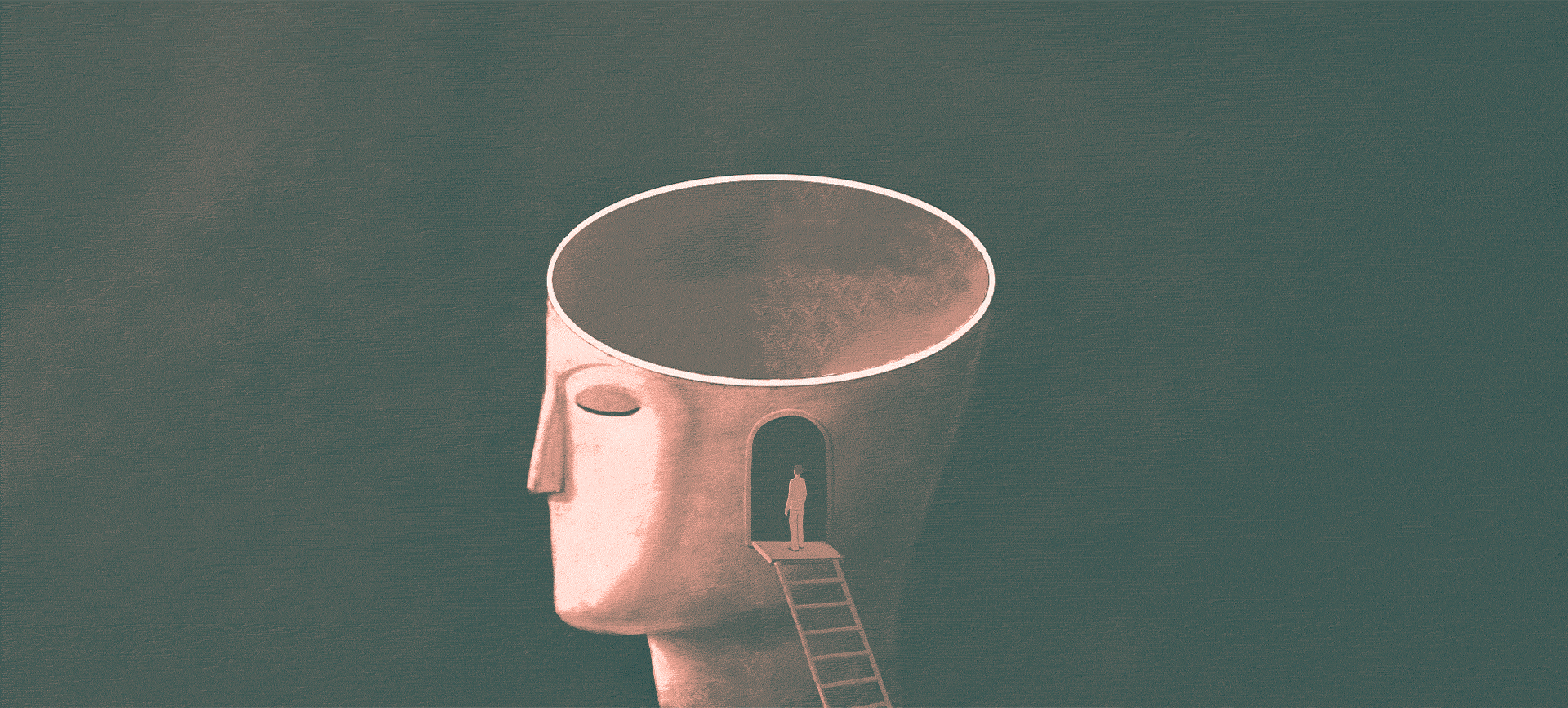Xia: You start with getting a bachelor's degree and then once you complete that, you take an MCAT, the entrance exam for getting into medical school. And then you go through four years of medical school. During that time, you can decide what your interests are and what you want to do in terms of surgery or medicine or one of the more specialized fields. Psychiatry is one of the fields you can choose to get specialized training. That would be an additional four years after completing medical school.


Specialist Q&A: What Can a Psychiatrist Do for You?
Tom Xia, M.D., is a board-certified psychiatrist who serves as medical director of the Clinic in San Francisco. He uses a combination of medication management and psychotherapy to treat a wide variety of mental health issues, such as depression, anxiety, attention-deficit/hyperactivity disorder (ADHD), bipolar disorder, obsessive-compulsive disorder (OCD) and post-traumatic stress disorder (PTSD).
Xia completed his general psychiatry residency training at the University of Southern California, where he received special training in mindfulness and short-term dynamic psychotherapy. He attended McGovern Medical School at the University of Texas Health Science Center in Houston. He's been in practice since 2021.
Xia spoke to Giddy as part of a series on medical specialists.
Editor's note: This interview has been edited for length and clarity.
A psychiatrist is a doctor who's focused on all aspects of mental healthcare, trying to integrate both the biological and psychological components. There are various conditions of various severity within mental illness. Some of them require medication and others don't require medication. The primary job of the psychiatrist is to help diagnose the issue and be able to treat it and best direct the patient to whatever resource they may need in terms of either medication, other new forms of intervention or psychotherapy.
The ability to really get to know a patient. I found that with many other fields, a lot of time is spent trying to diagnose a problem, to really address the issue without taking into consideration who the patient is, just because of time limitations. As a psychiatrist, we get a little bit more flexibility because a lot of our diagnosing the problem comes with learning about who this person is. You naturally get to learn more about the patient and you get to operate more on a human-to-human level, which I much prefer.
Some of the most common conditions we experience as human beings are anxiety and depression. Depression issues range from 10 to 15 percent of the population, and anxiety issues range from 15 to 20 percent of the population. A lot of the time, you can get better just from talking to somebody through psychotherapy, but there are patients where there's a biological component where you need medications to help at least control the symptoms to a level where you can really benefit from the therapy part.
When you're not sure about what would be the right approach for you, meeting with a psychologist would be really helpful to help discern the proper direction of treatment. We get patients referred to us by psychologists because either the patient is too sick or they're not really benefiting from psychotherapy in a certain way. They really need to have their symptoms lowered through medication so they can be active participants in therapy.
Having a list of medications you've tried and knowing about conditions that run in the family can be very helpful in understanding and establishing a diagnosis psychiatrically. The primary thing I recommend, not only for psychiatrists but for all doctors and psychotherapists as well, is to be open about your issues and not feel shame about them. We can only help with the issues we're discussing. We all have things we struggle with. Being open about those difficulties is going to be the best in terms of serving yourself and also addressing those issues you have.
The primary resource we use to establish a diagnosis is the DSM-5, the Diagnostic and Statistical Manual of Mental Disorders, 5th Edition. This is basically a collaboration of some of the brightest minds and researchers within the field of medicine. By looking at population data, they're able to say, when you have this group of symptoms, it suggests that you have this underlying issue that accounts for these groups of symptoms.
For example, when it comes to depression, a lot of people know what depression is in terms of feeling low, but what people may not know is that depression isn't just feeling low. It comes with a lot of other physical symptoms, too. People with depression will typically have associated issues with sleeping more or less than usual, eating more or less than usual, low energy and difficulty with concentration. The DSM-5 helps us in looking at these constellations of symptoms to establish a diagnosis and give us recommendations on what is the right way to treat these conditions.
Definitely. When you see a psychiatrist, they may order generic lab work for you. There are a lot of vitamin deficiencies and abnormal electrolytes and things like that which can lead to some of the symptoms we're seeing as psychiatric issues. If those imbalances get corrected, oftentimes you don't need other medications to be addressing mental health issues. You do need lab work for that.
Sometimes, we'll check blood levels of certain medications that you may be on because certain medications need to be at a specific level to not cause side effects and to be effective, and so it'll be important to regulate and check up on that with bloodwork.
The number of visits will vary. When cases are more difficult and severe, oftentimes in the beginning we'll see the patients pretty frequently, maybe once a week or once every couple of weeks. When things are a little more stable or settled down, you may see a patient once every three months or so.
The first visit is really just getting to know the patient and what the difficulties are in their lives, getting a sense of what symptoms they may be having and trying their best to establish a diagnosis. A doctor is not there to tell you what to do. We're here to give you advice to really see what the problem is and give you a professional opinion on what could be helpful, but ultimately, it's up to the patient to decide if they want to follow this advice.
The patient may say, "I understand this medication may be helpful, but I'm worried about these side effects and that's important enough for me that I'd really not like to take the medication." I'm not here to tell people what to do. I'm here to give you some options. Ultimately, the patient has to decide what they want to do with their lives.
There are a lot of subspecialty fields. A lot of them require additional training, either another year or two. There are specialists in child psychiatry, so anyone treating people 12 years and younger ideally should be trained with a child psychiatry fellowship. We have fellowships for substance use issues and fellowships for sleep. We also have fellowships for consultation liaison, which are the psychiatrists who work in the hospital to treat medically ill patients that also have psychiatric issues. There are specialists in forensic psychiatry, which are the people that interact with the mental health aspects of the criminal justice system. There's also geriatric psychiatry.
Depression continues to be a very big problem and there is a form of depression that we call treatment-resistant depression, which is when people fail two or more different medications and haven't responded. So far, we have a lot of things we're looking into that address treatment-resistant depression, but there hasn't been anything that's a sure thing.
A lot of these people end up being suicidal. They can be in and out of hospitals. They're very, very severe cases. If there is a breakthrough in terms of technology or medications that can really help treatment-resistant depression, I think that would be great for our society.









